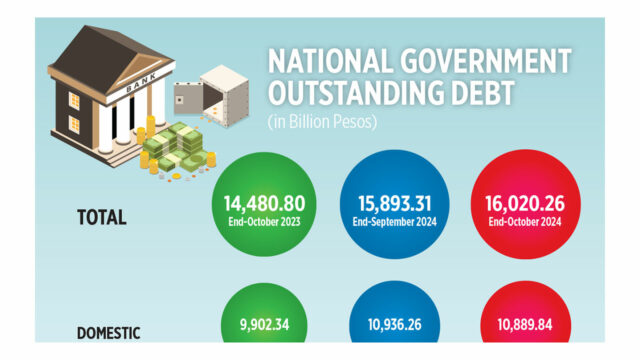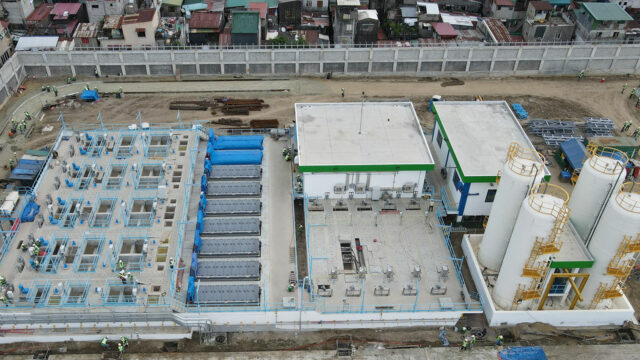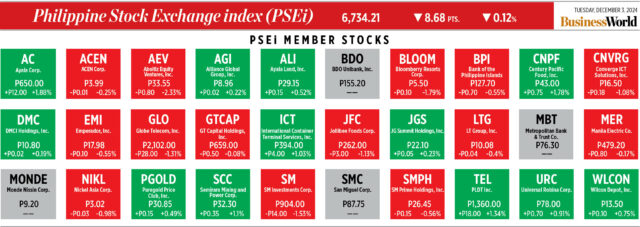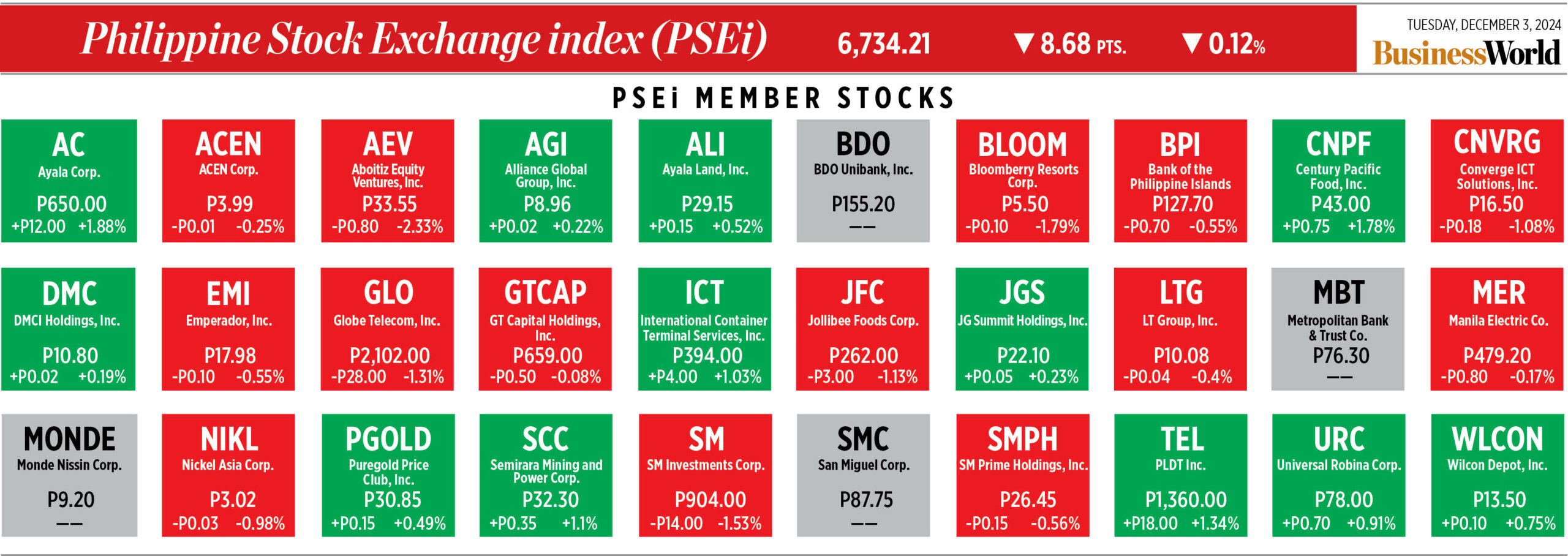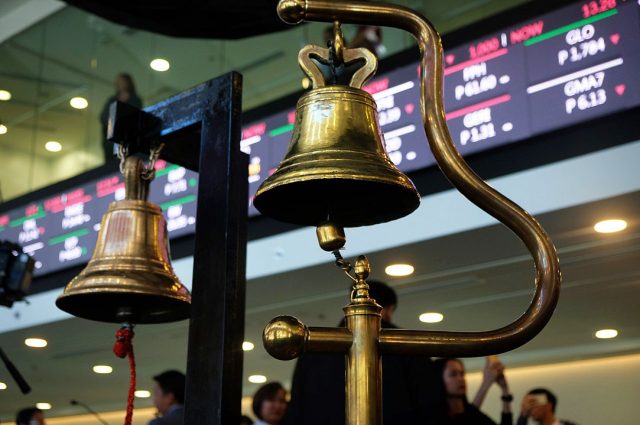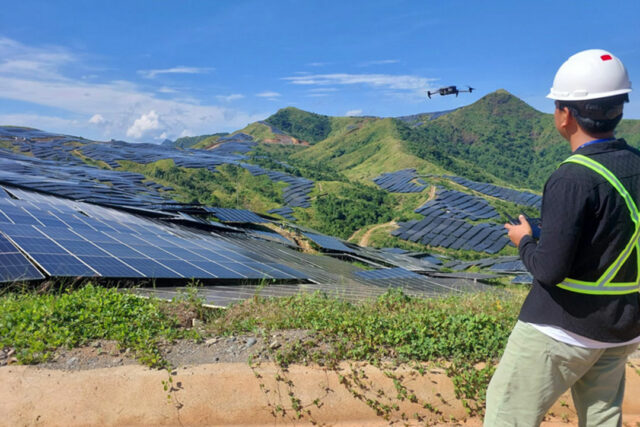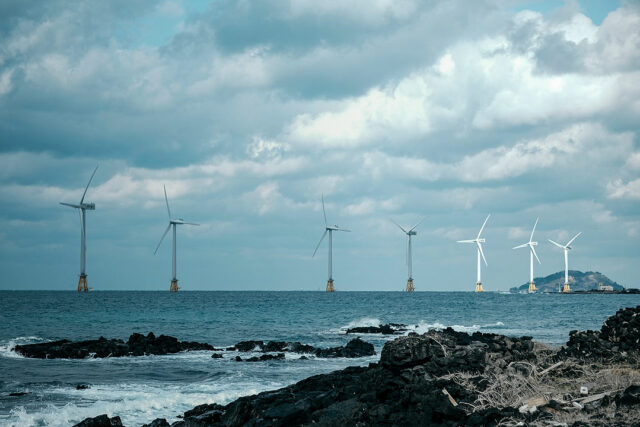Supreme Court’s recent ruling emphasizes crucial role of procedural rules in labor disputes
In a decision published on Nov. 19, the Supreme Court departed from prevailing jurisprudence on the filing of complaints by aggrieved workers against their employers before the National Labor Relations Commission (NLRC), particularly regarding the inclusion of additional claims.
In Lingganay v. Del Monte Land Transport Bus Co., Inc. (G.R. No. 254976, Aug. 20, 2024), the Supreme Court clarified that under the 2011 NLRC Rules, a complaint may only be amended to add new causes of action during the mandatory conciliation and mediation conference or, at the latest, before the submission of position papers. No amendments to the complaint shall be allowed after the filing of position papers, except with the express permission of the Labor Arbiter.
In 2017, Marcelino Dela Cruz Lingganay, a bus driver for Del Monte Land Transport Bus Co. (DLTB Co.), filed a complaint for illegal dismissal against his employer and Narciso Morales. Lingganay’s employment was terminated for several reasons, including multiple vehicular accidents: one in 2013 along the Maharlika Highway in Quezon, another in 2016 involving a motorcycle, and a third in 2017 when the company bus he was driving rear-ended a Toyota Wigo along the San Juanico Bridge.
On July 13, 2017, Lingganay filed an amended complaint, adding claims for moral and exemplary damages, and attorney’s fees against DLTB Co. He then submitted his position paper on Aug. 17, 2017, with a motion to further amend his complaint, seeking entitlement to separation pay, holiday premium, and underpaid wages.
In a decision dated Sept. 29, 2017, the Labor Arbiter ruled in favor of the respondents, finding that Lingganay’s dismissal was justified due to his violations of DLTB Co.’s rules and regulations on health and safety. Moreover, the Labor Arbiter denied Lingganay’s motion to further amend his complaint pursuant to Rule V, Section 11 of the 2011 NLRC Rules, which states in part that “an amended complaint or petition may be filed before the Labor Arbiter at any time before the filing of position paper[.]”
The NLRC affirmed the Labor Arbiter’s decision. It also denied Lingganay’s motion for reconsideration.
In its July 6, 2020 decision, the Court of Appeals upheld Lingganay’s dismissal and concurred with the Labor Arbiter’s denial of his motion to further amend his complaint, citing Rule V, Section 11 of the 2011 NLRC Rules, as well as Section 12 thereof, which prohibits the amendment of the complaint after the filing of position papers unless there is leave from the Labor Arbiter. As observed by the Court of Appeals, since the second amended complaint was already embedded in Lingganay’s position paper, the denial of his motion was justified. The Court of Appeals also dismissed Lingganay’s motion for reconsideration.
Lingganay argued before the Supreme Court that his motion to amend and second amended complaint in the position paper were supported by its ruling in Our Haus Realty Development Corp. v. Parian (G.R. No. 204651, Aug. 6, 2014), citing Samar-Med Distribution v. NLRC (G.R. No. 162385, July 15, 2013), which allowed claims not raised in the initial complaint to be included in the position paper.
The Supreme Court disagreed with Lingganay, noting that the cited rulings were based on the outdated 1990 NLRC Rules, which had already been superseded by the 2011 NLRC Rules when Lingganay filed his illegal dismissal complaint in 2017.
A specific rule on amending complaints was first introduced in the 2005 NLRC Rules and was carried over as Rule V, Section 11 in the current 2011 NLRC Rules. According to the Supreme Court, the intention behind this, like any notice requirement, is to fully apprise the other party of all causes of action in the complaint, allow him/her to present informed arguments, and avoid surprises that could result in injustice. It was also aimed at preventing delays just to give the other party the time to counter the additional allegations and search for new evidence or witnesses to address a belatedly raised cause of action in the position paper.
Considering Lingganay’s repeated failure to timely raise his additional claims at the expense of the speedy disposition of the case, the Supreme Court held that it was within the sound discretion of the Labor Arbiter to disallow Lingganay’s motion to further amend his amended complaint.
In this case, the Supreme Court highlighted that procedural rules — designed to facilitate the adjudication of cases — must be treated with utmost respect and due regard, in accordance with the constitutional guarantee in the Bill of Rights stating that “all persons shall have the right to the speedy disposition of their cases before all judicial, quasi-judicial, and administrative bodies.”
Indeed, the observance of procedural rules should not be regarded as merely a formality, but as a cornerstone of our legal system that safeguards the rights of all parties while preserving the integrity of our judicial processes.
The views and opinions expressed in this article are those of the author. This article is for general informational and educational purposes only and not offered as and does not constitute legal advice or legal opinion.
Rey Alan L. De Juan is an associate of the Labor and Employment department of the Angara Abello Concepcion Regala & Cruz Law Offices (ACCRALAW)
8830-8000


